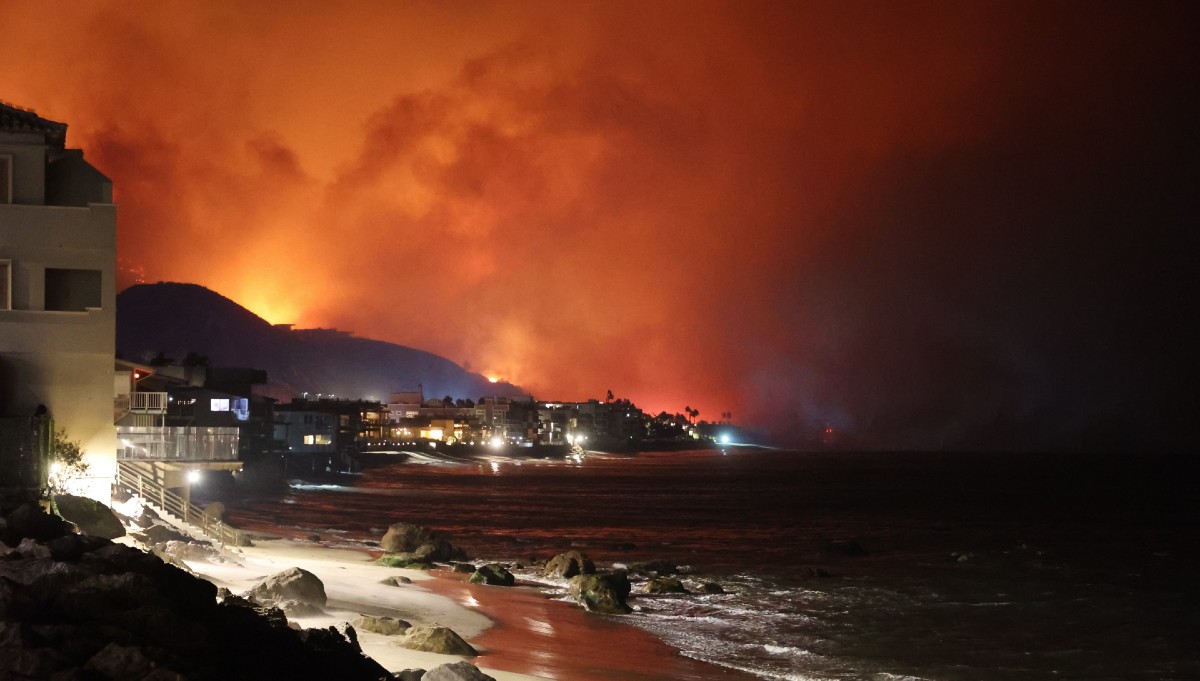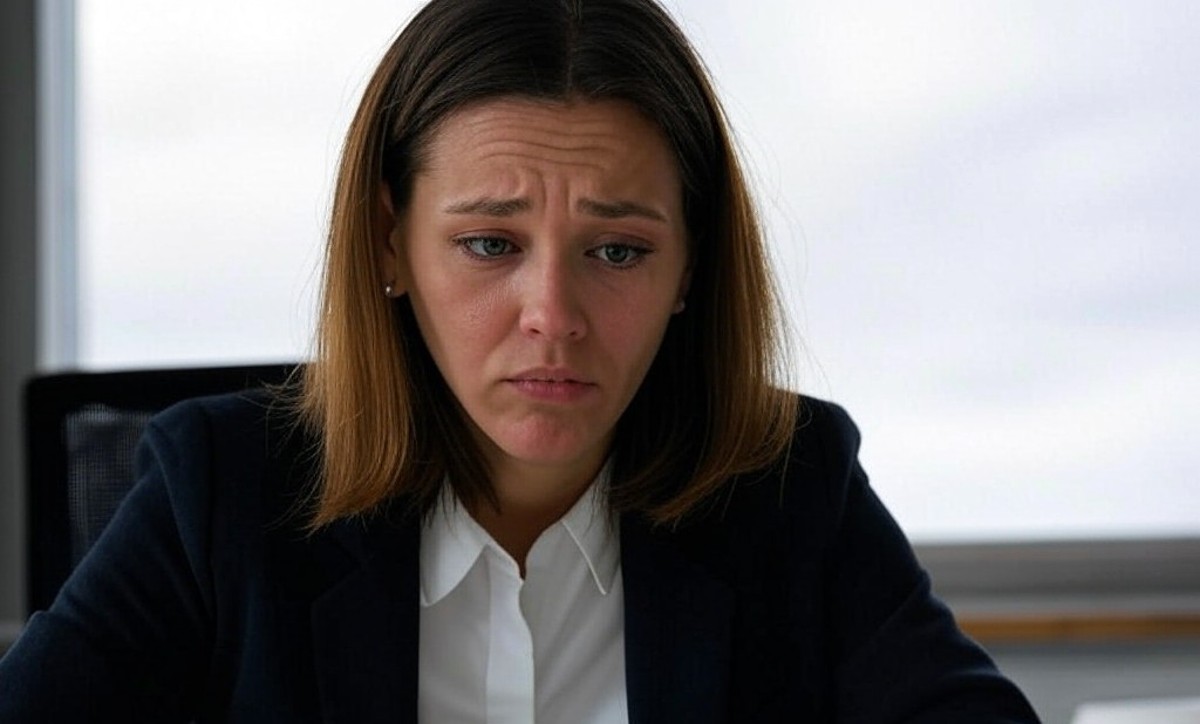Pointers for parents when a child reports sex abuse
FREE Catholic Classes
LOS ANGELES, Calif. (CNS) - The news of a child's sexual abuse can be shocking and parents may not know how to respond to the situation.
Highlights
Catholic News Service (www.catholicnews.com)
2/21/2007 (1 decade ago)
Published in Marriage & Family
The "Teaching Touching Safety" program offers this summary of key guidelines to parents or other caring adults when a child reports having been improperly touched or sexually abused. 1. Let children talk. Let them tell what happened and just listen. 2. Avoid displays of shock or disgust. An adult abuser may have told the child that nobody will believe him or her. An emotional or otherwise uncontrolled response by the person the child trusts with the story may shut down the child's willingness to communicate. 3. Respect the child's privacy. Find a private place to listen to the report and write down what happened - names, dates, times and locations. This will spare children from extensive questioning later on, which can make a child feel as if trusted adults do not believe the child's report. 4. Address the child's feelings and let him or her know that you trust the child and that the story will be investigated. When a child overcomes that fear and is willing to talk, it is critical to trust the child and to treat the child's story as if it is completely true. 5. Be honest with the child about what will happen next. Tell the child that the incident will be reported to the proper authorities and only with those people who need to know to help keep the child safe. 6. Do not scold the child. This is not the time to express anger and punish a child for having gone somewhere with a stranger or for having kept a secret. Such a reaction may confirm the child's fears about reporting and may stop the child from trusting his or her parents or other safe adults in the future. 7. Get immediate medical attention if necessary. Contact local medical professionals to determine who is best qualified to examine the child for the physical effects of sexual abuse and to test for sexually transmitted diseases, if necessary. 8. Get counseling or therapy for the child. Get the best professional help available to provide the child and the parents or guardians with the support to deal with the effects of sexual abuse. 9. Don't be surprised or upset if the child reports the incident to someone outside the family. Children become concerned about a parent's reaction and often seek the advice and support of someone else to get through the initial period of telling an adult about the abuse.
---
Copyright (c) 2007 Catholic News Service/U.S. Conference of Catholic Bishops
Join the Movement
When you sign up below, you don't just join an email list - you're joining an entire movement for Free world class Catholic education.
-

-
Mysteries of the Rosary
-
St. Faustina Kowalska
-
Litany of the Blessed Virgin Mary
-
Saint of the Day for Wednesday, Oct 4th, 2023
-
Popular Saints
-
St. Francis of Assisi
-
Bible
-
Female / Women Saints
-
7 Morning Prayers you need to get your day started with God
-
Litany of the Blessed Virgin Mary
Introducing "Journey with the Messiah" - A Revolutionary Way to Experience the Bible
-

Catholic Response to Devastating Los Angeles Wildfires
-

Federal Court Blocks Biden Administration's Gender Identity Rule
-
A Future for Life: Introducing the Winners of the Priests for Life Pro-Life Essay Contest
-
Reflections on Pope Francis' 2025 World Day of Peace message
Daily Catholic
 Daily Readings for Friday, January 10, 2025
Daily Readings for Friday, January 10, 2025 St. William of Bourges: Saint of the Day for Friday, January 10, 2025
St. William of Bourges: Saint of the Day for Friday, January 10, 2025 Prayer for a Blessing on the New Year: Prayer of the Day for Tuesday, December 31, 2024
Prayer for a Blessing on the New Year: Prayer of the Day for Tuesday, December 31, 2024- Daily Readings for Thursday, January 09, 2025
- St. Adrian, Abbot: Saint of the Day for Thursday, January 09, 2025
- St. Theresa of the Child Jesus: Prayer of the Day for Monday, December 30, 2024
![]()
Copyright 2024 Catholic Online. All materials contained on this site, whether written, audible or visual are the exclusive property of Catholic Online and are protected under U.S. and International copyright laws, © Copyright 2024 Catholic Online. Any unauthorized use, without prior written consent of Catholic Online is strictly forbidden and prohibited.
Catholic Online is a Project of Your Catholic Voice Foundation, a Not-for-Profit Corporation. Your Catholic Voice Foundation has been granted a recognition of tax exemption under Section 501(c)(3) of the Internal Revenue Code. Federal Tax Identification Number: 81-0596847. Your gift is tax-deductible as allowed by law.





 Daily Readings for Friday, January 10, 2025
Daily Readings for Friday, January 10, 2025 St. William of Bourges: Saint of the Day for Friday, January 10, 2025
St. William of Bourges: Saint of the Day for Friday, January 10, 2025 Prayer for a Blessing on the New Year: Prayer of the Day for Tuesday, December 31, 2024
Prayer for a Blessing on the New Year: Prayer of the Day for Tuesday, December 31, 2024


